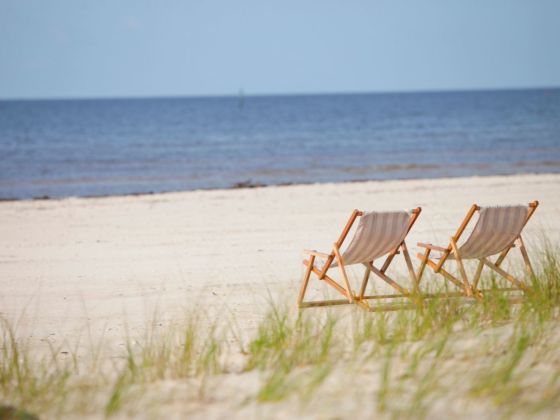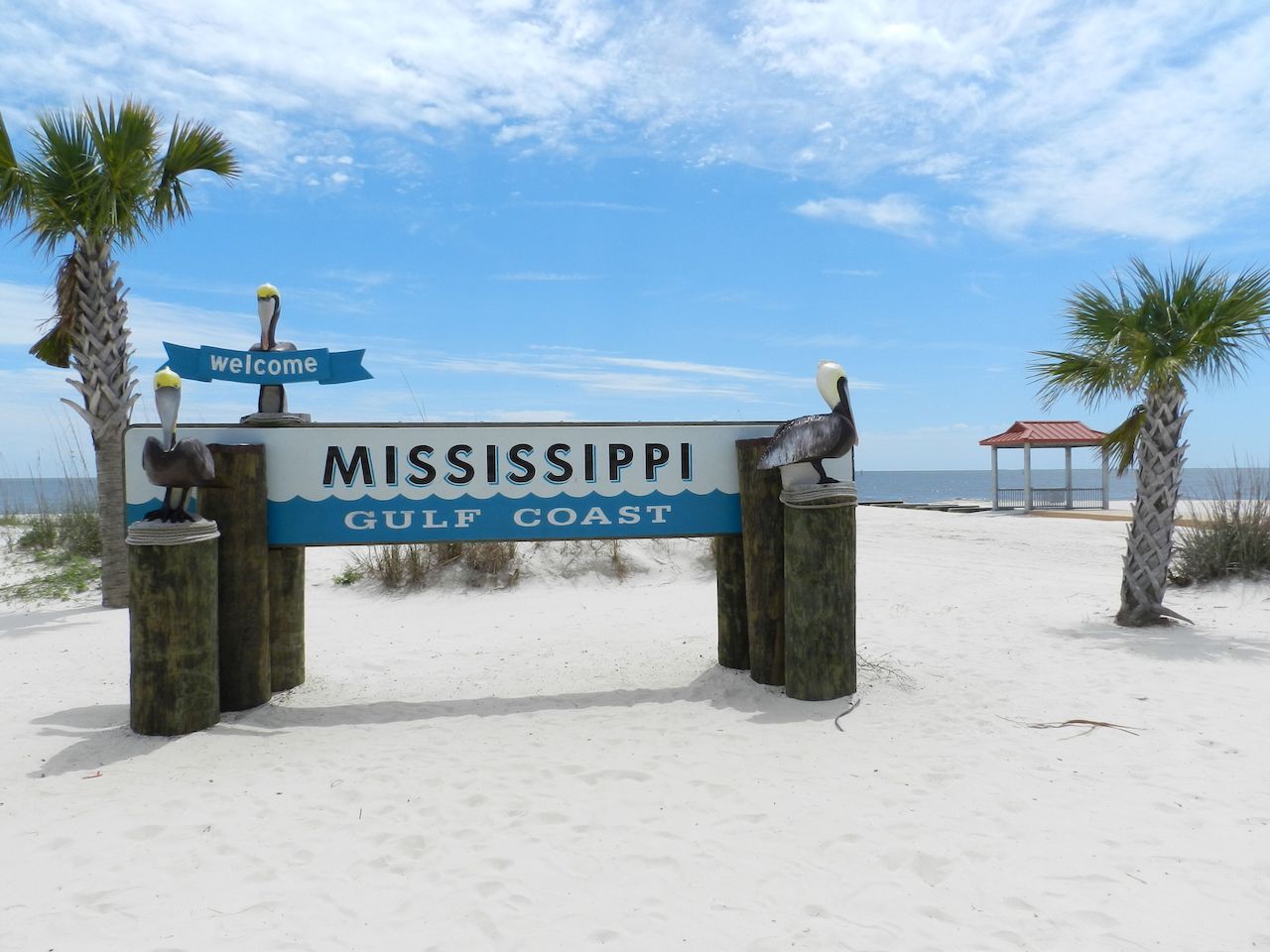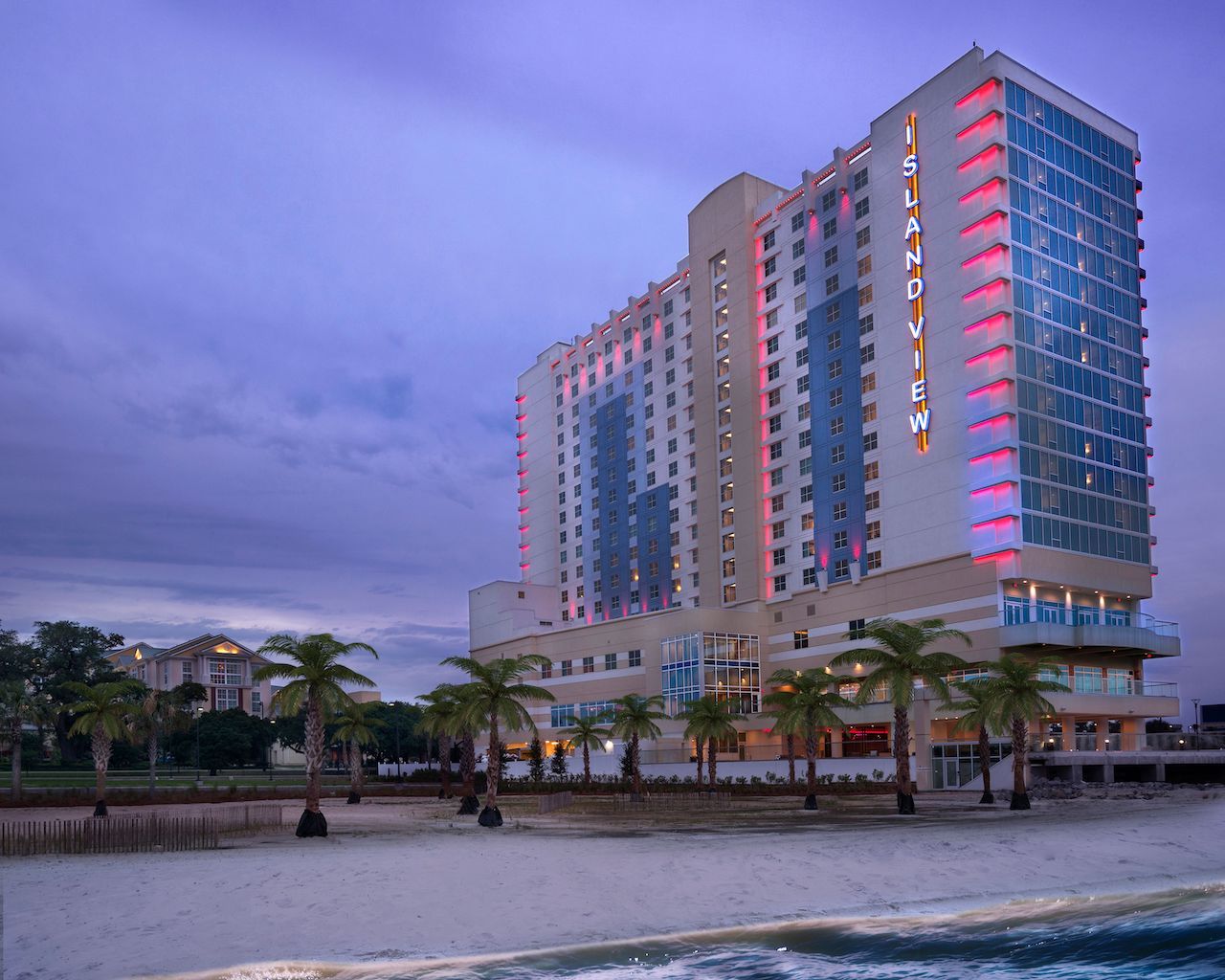Sometimes, headlines can be a little extra.
“No swimming! No seafood! Toxic bacteria afflicting coast causes rashes, diarrhea, vomiting” shouted USA Today after Mississippi closed the waters off its mainland beaches last month.
And while the headline isn’t inaccurate per se, it paints a rather alarmist picture of what’s going on along the Gulf of Mexico.


